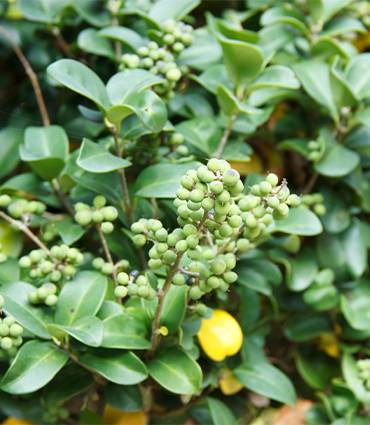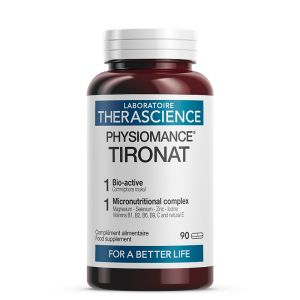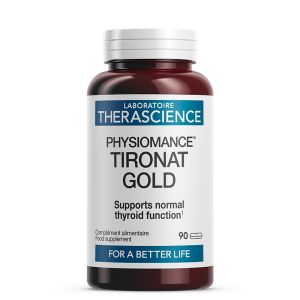Commiphora mukul

Latin name :
Commiphora mukul Engl.
Common Name :
Guggul
Family :
Burseraceae
Origin :
India
Part of the plant used :
Gum-oleoresin
Description
The guggul, Commiphora mukul, also called Indian myrrh, is a shrub native to the desert regions of India, used in Ayurvedic medicine to treat lipid disorders.
Its gum-oleoresin is an exudate (juice oozing from the tree) with a strong odour and a viscous, sticky texture. It is this part of the plant that is used in phytotherapy.
It contains guggulsterones, a specific type of plant sterols which help to reduce triglycerides in the blood. These molecules have a cholesterol-lowering effect, i.e. they reduce the levels of bad cholesterol (LDL) in favour of good cholesterol (HDL), thus contributing to weight management.
As is often the case, a plant has several properties. Guggul promotes the proper functioning of the thyroid gland by allowing the absorption of iodine, a trace element essential for the activity of thyroid hormones.
In addition, Commiphora mukul has an anti-inflammatory effect, especially on the skin in case of acne.
The benefits
Commiphora mukul helps to maintain intellectual and physical comfort and supports nervous function. The guggul promotes the correct balance of thyroid hormones. This shrub has antioxidant properties and helps maintain healthy skin.
In addition, Indian myrrh supports a healthy cardiovascular system with its guggulsterones, which help maintain healthy cholesterol levels.
Scientific publications
Commiphora mukul is the object of more than 138 scientific publications.
Our products based on Commiphora mukul
-
€50.90
-
As low as €50.00In stock













Recommandé par mon médecin, je l'utilise régulièrement, avec de tvoir plus
Avis du 28/09/2024, suite à une expérience du 11/09/2024 par Silvia S